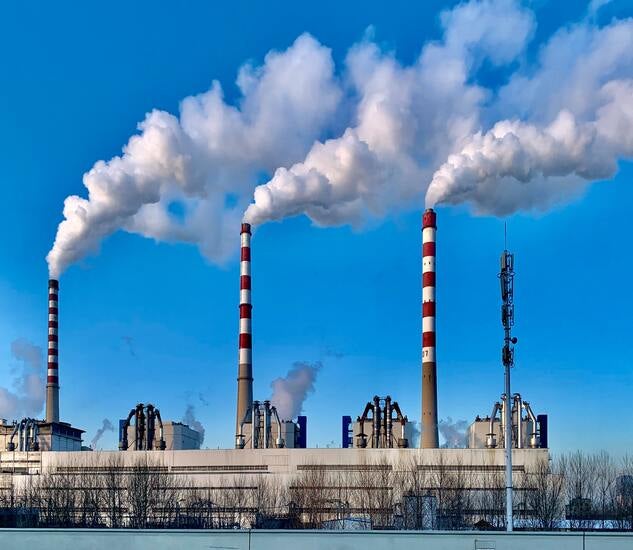
State-backed Oil India is working on a carbon capture and storage project, reported the Economic Times, citing the company’s chairman, Ranjit Rath.
The energy company plans to sequester carbon dioxide (CO₂) emissions from its natural gas field in Rajasthan and store it in dry wells nearby.
How well do you really know your competitors?
Access the most comprehensive Company Profiles on the market, powered by GlobalData. Save hours of research. Gain competitive edge.

Thank you!
Your download email will arrive shortly
Not ready to buy yet? Download a free sample
We are confident about the unique quality of our Company Profiles. However, we want you to make the most beneficial decision for your business, so we offer a free sample that you can download by submitting the below form
By GlobalDataThis project is part of the company’s broader strategy to achieve net-zero emissions by 2040.
“As part of our net zero plan for 2040, we have identified a lot of initiatives,” Rath told the publication.
Oil India’s Jaisalmer field produces gas with a high CO₂ content.
It plans to establish a gas sweetening plant to strip CO₂, enhancing the gas’ market value.
With deep knowledge of the subsurface and access to several dry wells that can be used to store CO₂, Oil India is well placed to undertake the carbon sequestration initiatives, Rath said.
Preliminary studies have been conducted and Oil India is set to hire a consultant to develop a comprehensive feasibility report.
The report will outline the processes for carbon capture, transportation, storage and monitoring, the company’s executive explained.
Five dry wells have been shortlisted, with two earmarked for a pilot project that will include dynamic modelling.
Carbon capture, utilisation and storage technologies are critical yet costly, with most current projects globally still in the pilot phase.
In India, similar initiatives have faced financial hurdles, such as the collaboration between Oil and Natural Gas Corporation (ONGC) and Indian Oil, which has not progressed rapidly due to high costs.
ONGC’s project involves transporting CO₂ from an Indian Oil refinery in Gujarat to an ONGC oilfield, where it will be injected to enhance oil recovery.
Internationally, companies such as ExxonMobil and ADNOC are investing in carbon capture as a climate solution, aiming to reduce emissions while maintaining fossil fuel production.








